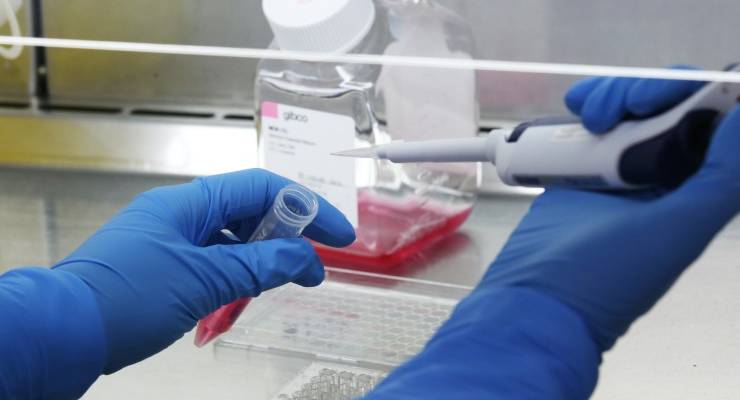
How do you diagnose coronavirus? There are lots of myths in circulation, including one about holding your breath to test lung capacity.
Here are the facts on how to diagnose coronavirus, plus some of the most common myths and corresponding facts around COVID-19.
How to diagnose coronavirus
The only way to accurately diagnose coronavirus is via a viral or antibody test:
- A viral test tells you if you currently have coronavirus
- An antibody test tells you if you previously had an infection.
The majority of people who are recovering or have recovered from coronavirus will display mild symptoms that will go away with rest and adequate recovery.
If you have symptoms, you are worried and you want to get tested, you should seek medical advice.
You can do this by calling the Coronavirus Helpline on 1800 020 080. Alternatively, you should call your doctor ahead of time to book an appointment and arrange a test.
Bear in mind that to get tested, you need to meet some of the following criteria:
- You are displaying respiratory symptoms
- You have a fever
- You have been in close contact with someone who has been diagnosed with coronavirus in the last 14 days
- You are a health care, aged care or residential care worker
- You live in an area that has been classified as “high risk” by your local public health unit
- You are in hospital.
If you are residing in what is classified as a “high risk” setting, and more than two people are displaying symptoms, you will also need to be tested.
“High risk” settings include:
- Detention centres or correctional facilities
- Aged and residential care facilities
- Military bases
- Rural and remote Aboriginal and Torres Strait Islander communities
- Boarding schools.
Coronavirus myths and facts
Myth: Hydroxychloroquine can cure coronavirus.
Fact: There is no credible evidence to suggest hydroxychloroquine or any other drugs can cure coronavirus at this time.
Myth: Spraying disinfectant or bleach on your body will eradicate the virus.
Fact: Ingesting or spraying household disinfectants or bleach on the skin will not eradicate the virus, and it could be harmful to your health.
Myth: Coronavirus can be transmitted through insects.
Fact: There is no evidence to suggest coronavirus can be transmitted through insects. Coronavirus is transmitted through respiratory droplets from an infected person, and by touching contaminated services. Read more on this here.
Myth: Temperatures higher than 25 degrees can eliminate the virus.
Fact: Higher temperatures do not lower your risk of contracting coronavirus. Washing your hands and social distancing have been the most effective methods of lowering one’s risk to date.
Myth: If you get coronavirus, you will have it for life.
Fact: The majority of people who have contracted coronavirus have eliminated the virus and made a full recovery. While there is still no cure, most people recover after adequate rest.








Crikey is committed to hosting lively discussions. Help us keep the conversation useful, interesting and welcoming. We aim to publish comments quickly in the interest of promoting robust conversation, but we’re a small team and we deploy filters to protect against legal risk. Occasionally your comment may be held up while we review, but we’re working as fast as we can to keep the conversation rolling.
The Crikey comment section is members-only content. Please subscribe to leave a comment.
The Crikey comment section is members-only content. Please login to leave a comment.